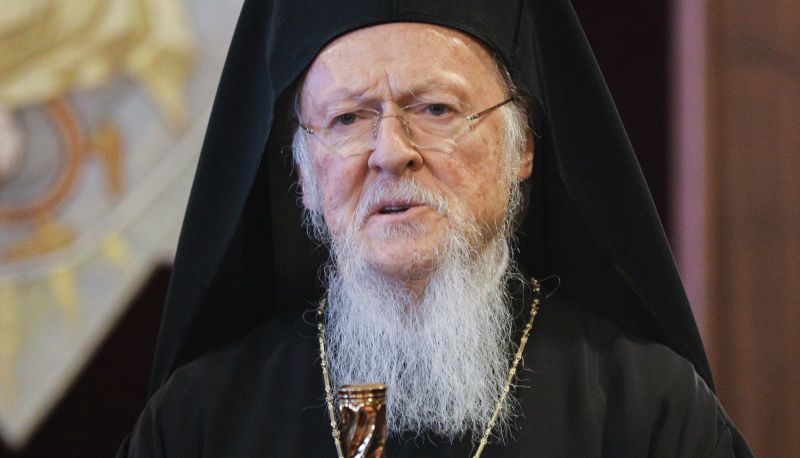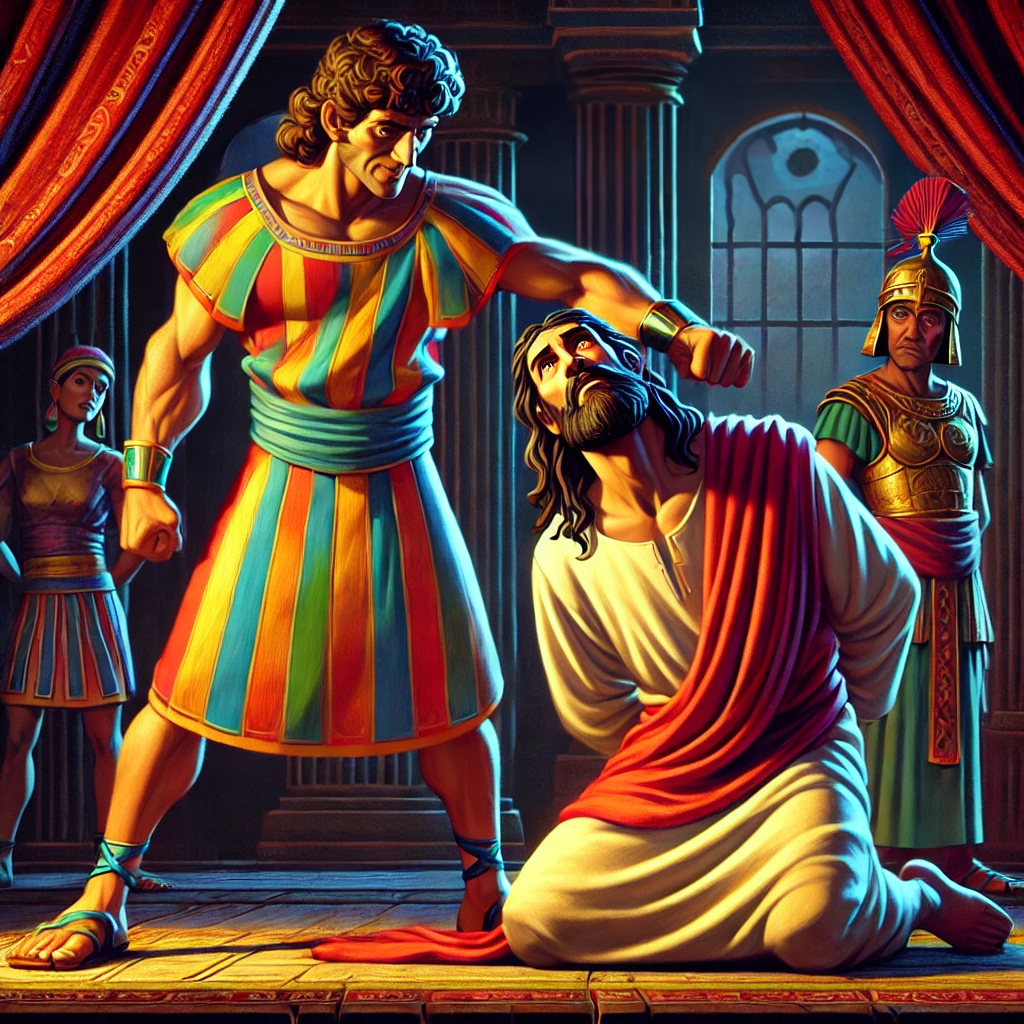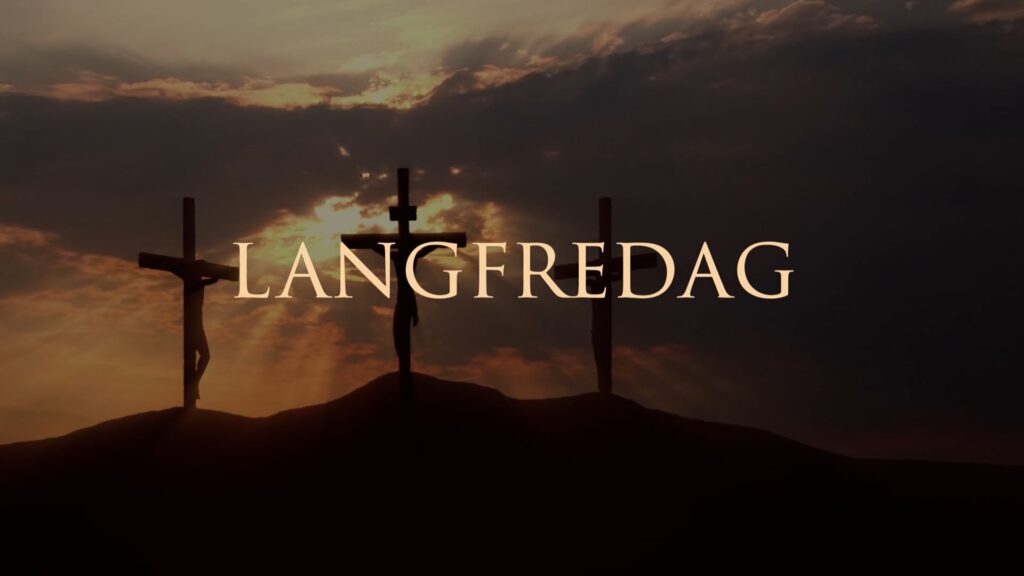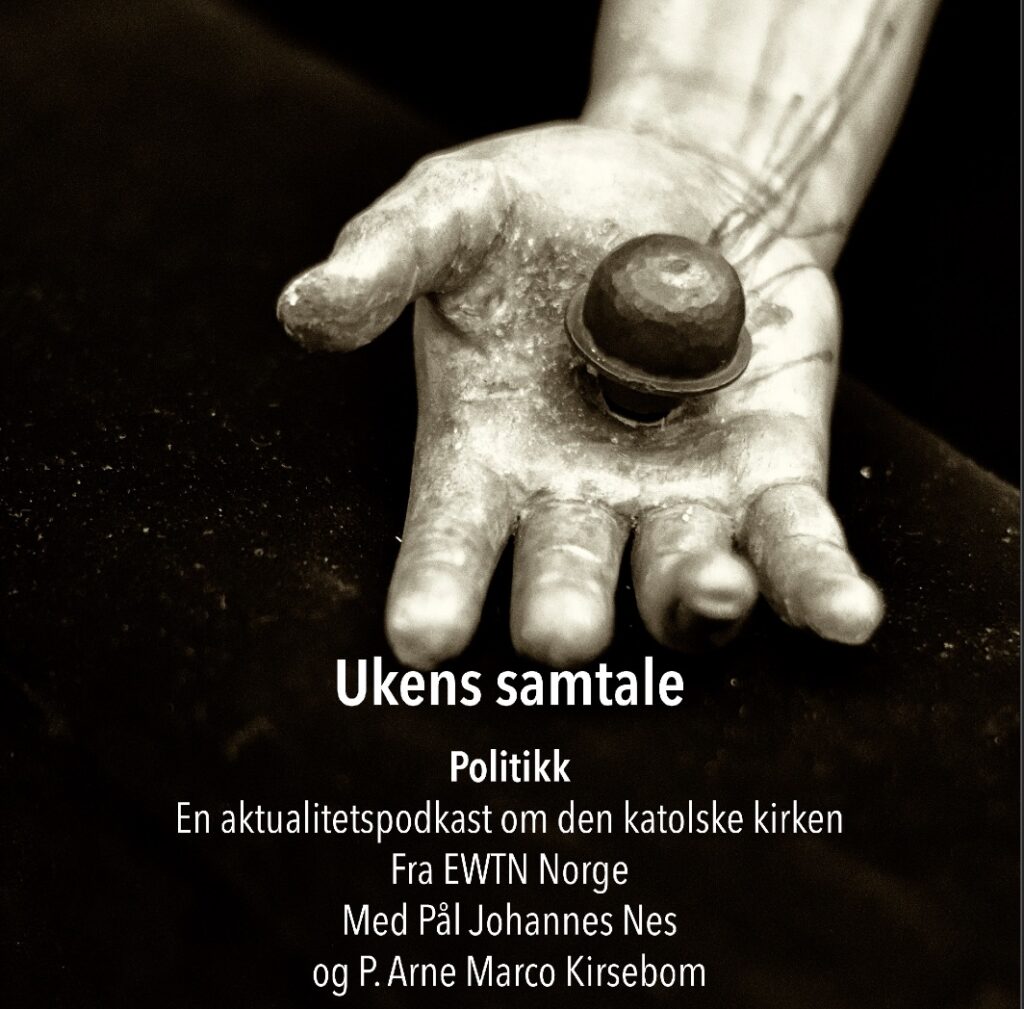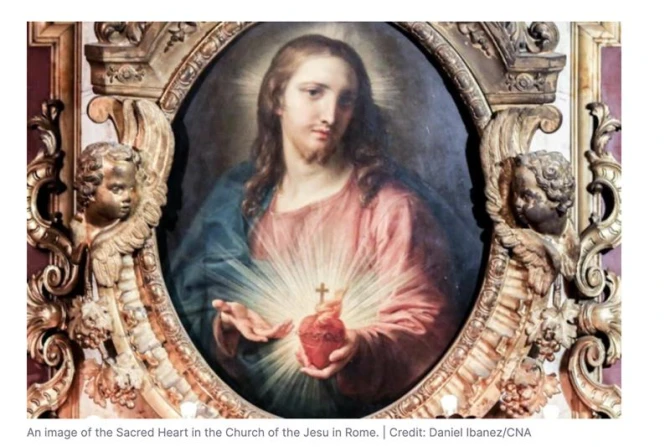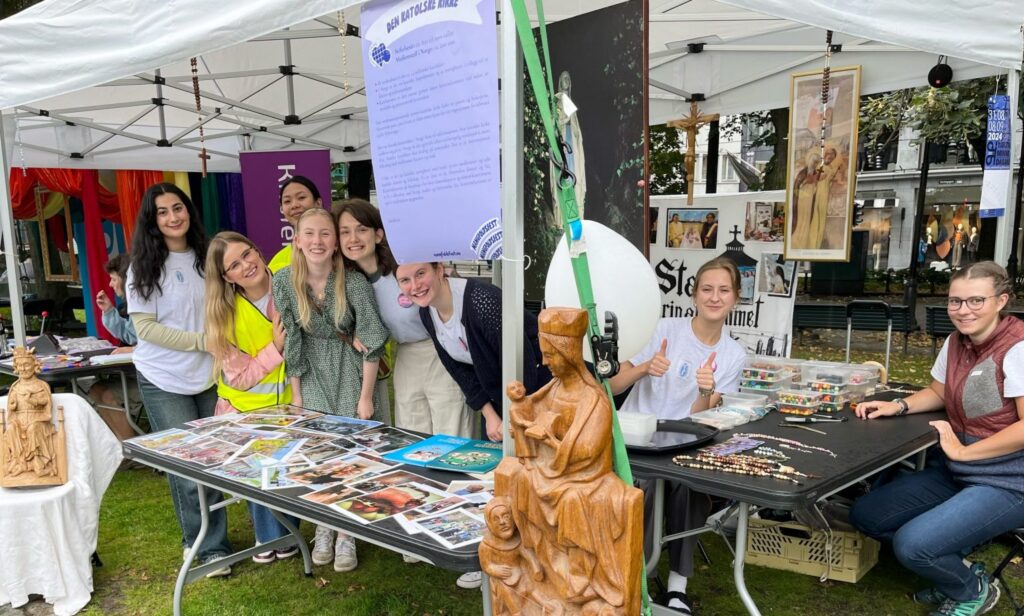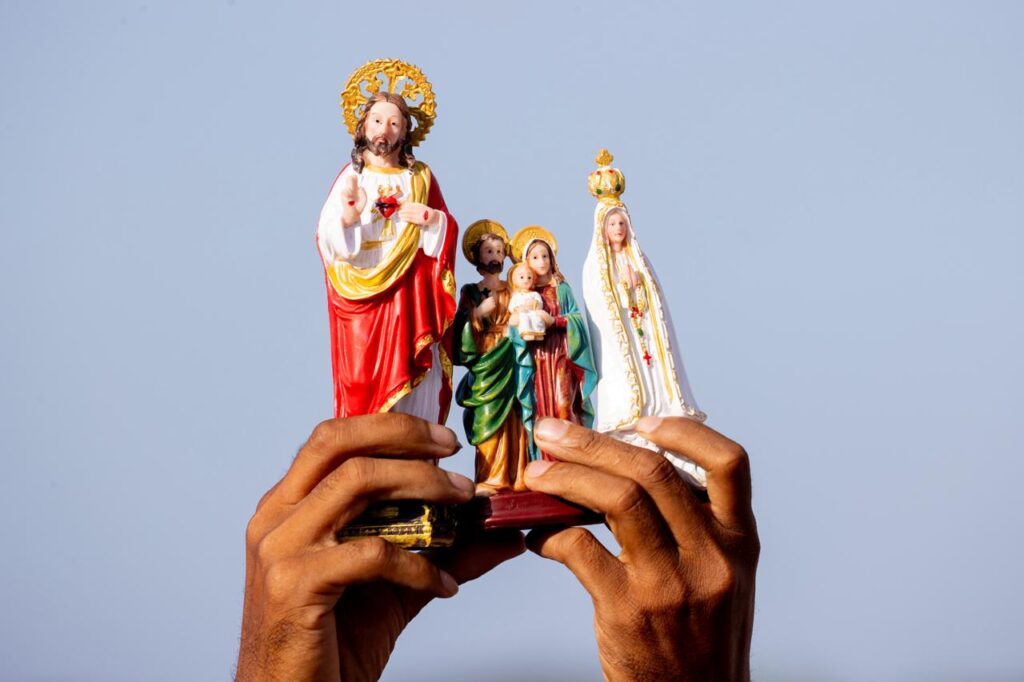Washington, D.C. Newsroom, Apr 4, 2024 / 10:15 am (CNA).
The Eastern Orthodox patriarch of Constantinople has expressed a desire that Christians in the East and the West begin celebrating Easter on a “unified date” rather than adhere to separate Lenten calendars.
“It is a scandal to celebrate separately the unique event of the one resurrection of the one Lord,” Patriarch Bartholomew I, who holds the title “first among equals” in Eastern Orthodoxy, said in a recent homily, according to Orthodox Times.
The ecumenical patriarch made the comments during a homily on March 31, which marked Easter on the Western calendar and the second Sunday of Lent on the Eastern calendar.
“We extend a heartfelt greeting of love to all Christians around the world who celebrate holy Easter today,” Bartholomew said during the homily. “We beseech the Lord of Glory that the forthcoming Easter celebration next year will not merely be a fortuitous occurrence but rather the beginning of a unified date for its observance by both Eastern and Western Christianity.”
The ecumenical patriarch noted that the Eastern Orthodox Church in Constantinople sent representatives to Christian communities who celebrated Easter on March 31 “to extend our heartfelt wishes.” He also said this effort is “particularly significant” because the 1,700th anniversary of the First Council of Nicea of 325 is approaching. That meeting took place at a time when the Eastern and Western Churches were in full communion with each other.
“Among [the Council of Nicea’s] pivotal discussions was the matter of establishing a common time frame for the Easter festivities,” Bartholomew said. “We are optimistic, as there is goodwill and willingness on both sides.”
Pope Francis has also expressed his intent to reach an agreement to establish a common date for Easter. In 2015, the pontiff said the two churches “have to come to an agreement.”
The pontiff similarly said that disunity is a scandal and joked that Christians could say to one another: “When did Christ rise from the dead? My Christ rose today, and yours next week.”
The Roman Catholic Church adopted the Gregorian calendar, introduced by Pope Gregory XIII, in the late 16th century. This replaced the Julian calendar, which was enacted in the Roman Empire by Julius Caesar in 45 B.C.
The Gregorian calendar was eventually adopted by most of the world as the standard calendar because its revision of leap years more adequately accounted for the revolution of Earth around the sun than the Julian calendar did, ensuring the dates more accurately reflected the seasons.
In the Eastern Church, however, the liturgical calendar remained based on the Julian calendar for several more centuries. In the 20th century, most Orthodox churches adopted a revised version of the Julian calendar.
Some Orthodox churches still adhere to the old Julian calendar, including the largest patriarchate, Moscow. Adherence to either the old Julian calendar or the revised version lead to major feasts like Christmas and Easter falling on different days than adherents to the Gregorian calendar.
Any revision of the calendar by Patriarch Bartholomew would likely be rejected by the Moscow Patriarchate, which excommunicated Bartholomew in 2018 amid disputes about the Orthodox Church in Ukraine.

